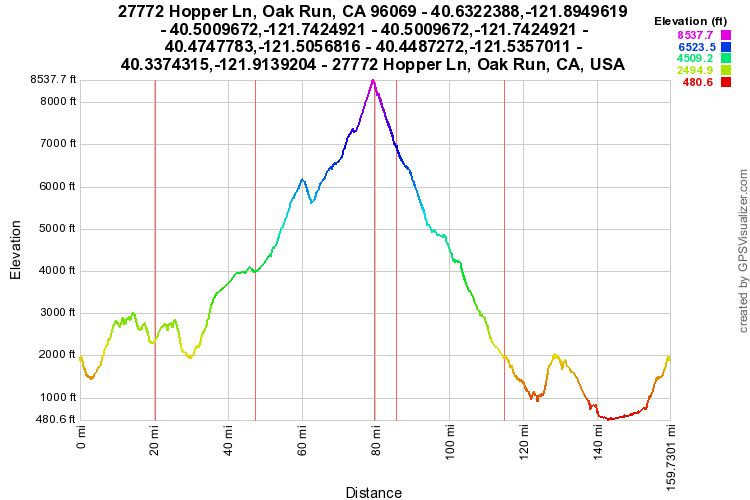edatoakrun
Well-known member
Tony is always very generous in his willingness to share his ignorance on matters of BEV range and efficiency.TonyWilliams said:...There are exactly zero non-Tesla DC chargers over 125 amps in the USA, so your trip to San Francisco won't be faster than a Bolt EV. It will actually be far slower...edatoakrun said:For example, I would expect an Ioniq driven from L.A to S.F (at the unofficial speed limit) could get there within ~ a half-hour of the time it took for a Bolt, and could even pass the bolt on a longer trip.
Both BEVs would be much slower than any ICEVs on any long trip, of course.
As I posted in my entire comment on the previous page, the superior efficiency of the Ioniq over the Bolt means it will spend less time charging than the Bolt for each mile driven, and travel further on each kWh it accepts at the charge station, after both BEV's initial charges are depleted.
In fact, the lower the kW available from charge sites, the greater the advantage the Ioniq will gain in total travel time, on any given trip.
Assuming equal access to charge sites at suitable locations, the Ionic should advance on the Bolt's initial lead from its higher kWh starting charge as any long trip progresses, and at higher speeds (where the Bolt's poor aero design becomes more significant) and/or in cold conditions (where the Bolt's inferior resistance heater takes an additional toll on efficiency) the Ioniq will pass the Bolt even sooner.
The fact that the Ioniq has been reported to accept charge at ~70 kW, far higher than the Bolt, and with less taper over the charge percentage profile, will provide the Ioniq an additional advantage in total travel time on long trips, as soon as higher-kW charge stations become available.


